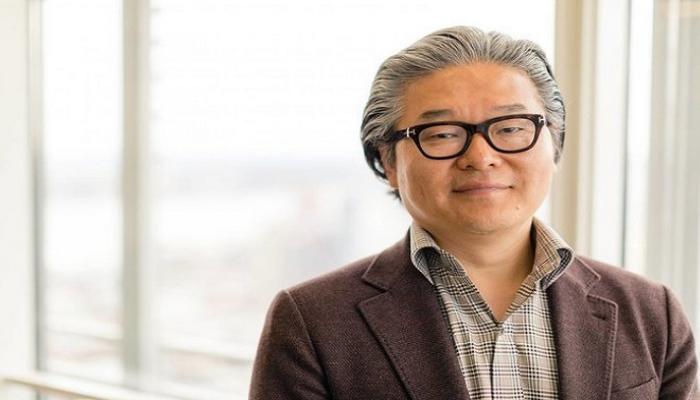
The total amount that Hwang invested in Tiger-related hedge funds, and their value now, is no doubt understated because the foundation doesn’t have to report its investments in the hedge funds unless it receives a distribution or redeems its capital. A spokesman for Lone Pine declined to say whether Hwang was still an investor in the fund. Hwang’s foundation reported a distribution from Lone Cascade of almost $150,000 in 2018. Its Lone Cascade long/short hedge fund fell 10 percent during the quarter, as II previously reported. Mandel’s Lone Pine, one of the oldest of the Tiger Cubs, was in another one of the stocks that reportedly was part of the liquidation: Farfetch. Tiger Global fell 5.3 percent during March, according to an investor. The Tigers are known for investing in a lot of the same stocks, and there is one such recent cross-over between Tiger Global and Archegos that got pummeled in the late March liquidation of Hwang’s family office holdings: GSX Techedu.Īs of the end of last year, Tiger Global was the largest known hedge investor in GSX, the Chinese online education company that short sellers say is a fraud that was part of a short squeeze. He remains an investor in Tiger Global, according to an individual familiar with the hedge fund. Hwang has been an investor in Tiger Global since at least 2007, but in 20 he reported redeeming some of his investment, earning about $1.3 million on investments of $4.6 million. He made $2.5 billion last year, coming in third on Institutional Investor’s Rich List. Hwang and Coleman were both high-profile seeds of Robertson’s in 2001, but their paths have diverged since Hwang’s troubles with regulators led him to turn his hedge fund into a family office.Ĭoleman, meanwhile, has become one of the top hedge fund managers in the world. “They use it as a way to access idea flow.”Ĭhase Coleman’s Tiger Global Management and Steve Mandel’s Lone Pine are the two most famous Tiger Cubs that Hwang invested with, the filings show. “This cross-Tiger fund investing goes on all the time,” said one individual familiar with the hedge fund family. The filings show investments made between 20, the latest data available. In fact, Hwang invested at least $65 million in more than 20 other hedge funds with ties to Tiger Management, according to tax filings of the Grace and Mercy Foundation, Hwang’s charity, which had amassed over $470 million as of 2018. Hwang may have shut down his hedge fund, Tiger Asia, after he settled insider trading charges from the Securities and Exchange Commission in 2012, but he wasn’t banished from the club of former acolytes of Tiger Management’s Julian Robertson.


The liquidation of Bill Hwang’s Archegos Capital family office last month is inadvertently shedding new light on the secretive hedge fund family of Tiger Cubs, Seeds and Grandcubs to which he belongs.


 0 kommentar(er)
0 kommentar(er)
